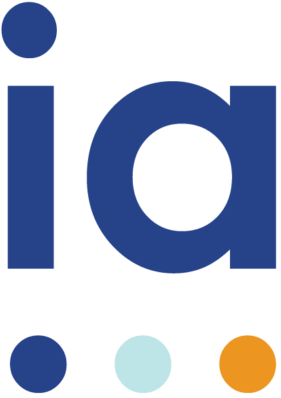HR Community, Team Members
I’ll start this with this simple fact – I never wanted to be a consultant. If I am being honest, I thought consultants were a 4-letter word, (Y)UCK. 🙂
My journey of self-discovery began when I graduated college, got married, and immediately moved to a military base with my new husband. I had a degree that I thought would be useless in a city where jobs were hard to come by. Yet, while standing in line at a bank to deposit a check (those funny little paper things), I sparked up a conversation with the woman in front of me. She just happened to be the head of the math department at a local community college and also owned a gymnastics facility. Lo and behold, I received a job offer as a gymnastics coach. I also secured a part-time teaching position helping students re-entering school with the basic math skills needed for college algebra.
Why this backstory? Although every situation is unique, teaching, guiding, mentoring, and knowledge transfer are the cornerstones of my work and life. Like that stranger in the bank line, I also get energy from engaging those around me. This foundation directly contributed to why I converted from a reluctant consultant to a vocal cheerleader for change.
The moment I became an actual consultant began in Ireland in 2011. IA founder Mark Stelzner had been retained to determine the viability of my then-current company. His style was very different from my perception of consulting firms. He was a voice of reason, a “no BS” consultant who told you what you needed to hear, not what you wanted to hear.
During one session, there was a difficult moment when it was time to voice opinions. The silence was deafening. I was the only attendee to speak up with a clear and concise recommendation. I remember the smile on Mark’s face as I left the room shortly thereafter. He was stuck in that room for another six hours while I raised a pint at the Guinness factory to a job well done.
It wasn’t long until I joined the IA team. Eight years later, I have definitely learned three invaluable lessons:
- You must love what you do.
- You must know how to build trust and relationships.
- You must teach and guide because you are not there to tell clients what to do.
Let’s break these down:
- Love what you do:
Being a consultant can mean long days, travel (well, it used to), meeting new people and being “ON” all the time. The career path isn’t for everyone, but for those who get energy from problem solving, know that as a consultant you will get an unlimited number of opportunities. - Build trust and relationships:
This is difficult because you may be perceived as a “hired gun” to evaluate HR’s practices, technologies, etc. However, I have learned that if you go right at it with all levels of the organization – explaining how we have been in their shoes and that we are here to help elevate their voices; to teach and guide them through the engagement; and ensure that we are not the presenters, but the partners – even the most skeptical team members will come around. It helps to get to know people personally, too, which I love to do. - Teaching and guiding:
This is where I believe most consultants fall short. Advising by its very definition is to give expert advice, but we at IA have chosen to give advice only after we have gotten to know our clients. Again, this is all about teaching and guiding clients through their journey, setting them up to fly. We should never just hand over a playbook without guidance of how to execute those plays without an external coach.
I wrote this because I have been thinking about what is important as I work with my clients through their HR transformational journeys. I don’t ever want to overstay my welcome; I really want to give them the tools and knowledge to more forward without a consultant. I know that sounds weird, but it is exactly what I want to do: work myself out of a job! 🙂 Of course, I never want to work myself out of the relationship as I have made some extremely good friends over the years.
If anyone would like to chat about my point of view, please reach out to me.






